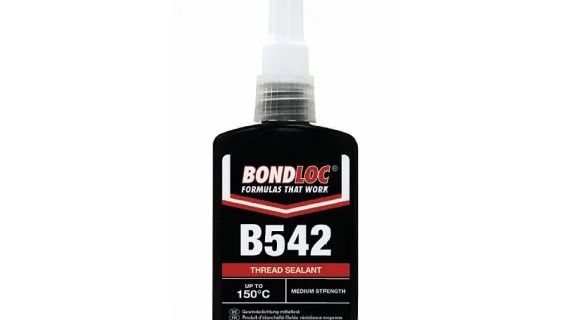Ochrona gwintów
Ochrona gwintów to kluczowy element trwałych połączeń gwintowych. Powinna:
-
działać we wszystkich warunkach pracy,
-
umożliwiać wielokrotne montowanie i demontaż,
-
chronić w każdej pozycji,
-
nie wydłużać złącza,
-
nie osłabiać elementów.
Najczęściej stosowane metody
Należą do nich:
-
sprężysta podkładka (np. na zaślepce lub krawędzi),
-
podkładka powlekana,
-
nakrętka koronowa z zawleczką,
-
zabezpieczenie gwintu (insert),
-
podkładka sprężynowa,
-
nakrętki i kontrnakrętki.
Trzy główne sposoby zabezpieczenia
Zabezpieczenie sprężyste
Podnosi sprężystość połączenia przez wstępne napięcie, co zapobiega poluzowaniu. Średniej skuteczności w dynamicznych warunkach. Przykłady: podkładki sprężynowe o wysokiej sztywności.
Ochrona przed rozpadnięciem
Pozwala na lekkie odkręcenie, ale zapobiega pełnemu rozłączeniu. Przykłady: nakrętki koronowe, sprężynki zabezpieczające, insert gwintowe. Chronią przed utratą części, ale nie utrzymują pełnego napięcia.
Zabezpieczenie klejowe
Do dużych obciążeń rekomenduje się kleje anaerobowe, takie jak Loctite. Wypełniają mikroszczeliny, twardnieją bez powietrza, są odporne na temperaturę i wibracje. Kluczowe jest dokładne odtłuszczenie – pozostałości oleju mogą uniemożliwić utwardzenie.
